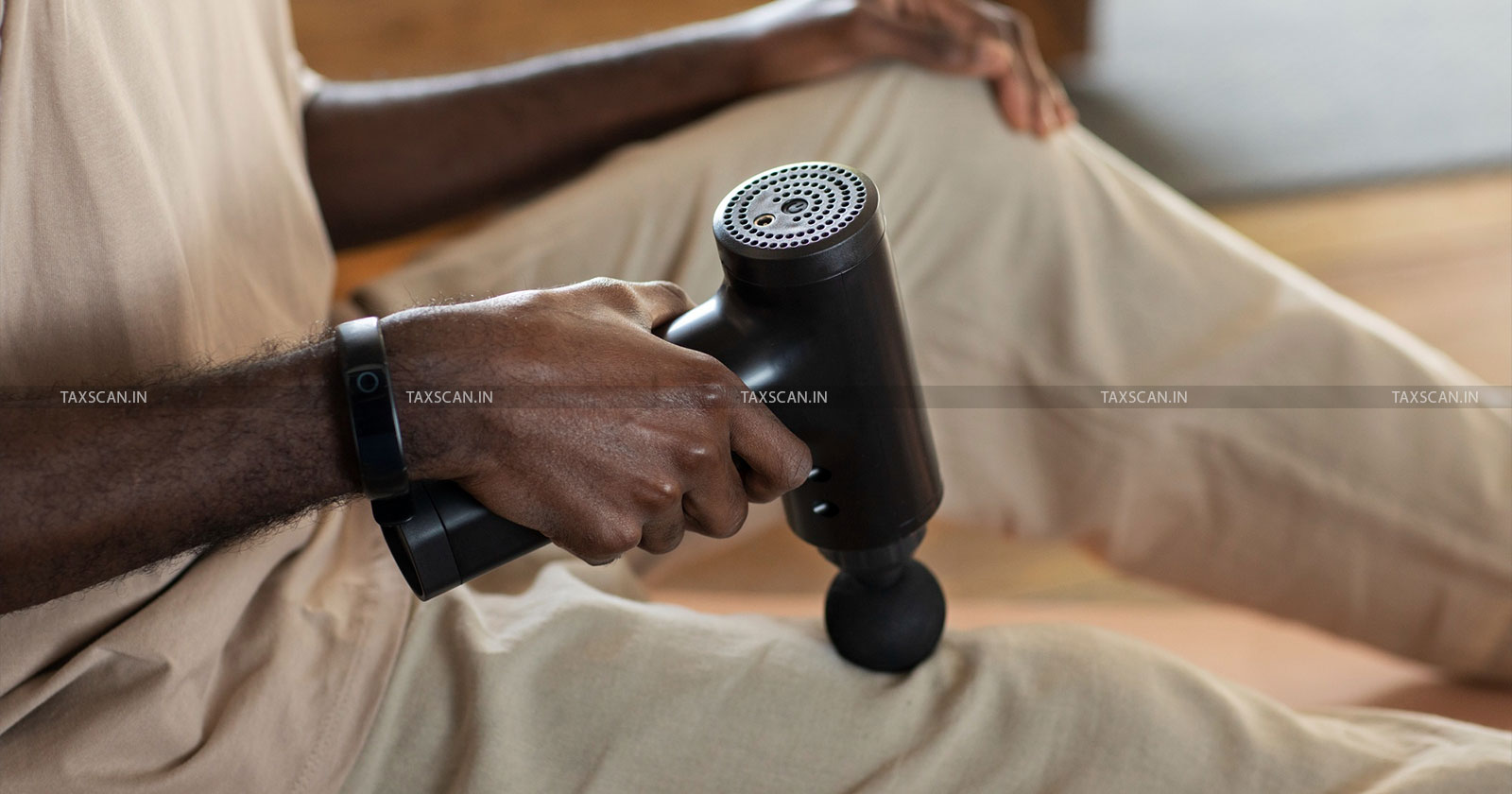No Error in Assessment as AO Examined All Expenses and Made Due Inquiry: Allahabad HC Upholds ITAT Order [Read Order]
The Court noted that Section 263 can only be invoked when the assessment order is truly erroneous due to lack of inquiry or incorrect application of law
![No Error in Assessment as AO Examined All Expenses and Made Due Inquiry: Allahabad HC Upholds ITAT Order [Read Order] No Error in Assessment as AO Examined All Expenses and Made Due Inquiry: Allahabad HC Upholds ITAT Order [Read Order]](https://images.taxscan.in/h-upload/2025/11/21/2107185-allahabad-hc-itat-order-taxscan.webp)
The Pr Commissioner Of Income Tax-1 vs Anjali SinghalThe Allahabad High Court has upheld the Income Tax Appellate Tribunal’s (ITAT) decision, holding that there was no error in the assessment as the Assessing Officer (AO) had duly examined all relevant expenses and conducted proper inquiry.
The case concerned assessee Anjali Singhal, whose assessment for A.Y. 2018-19 was selected for scrutiny due to a mismatch between the income reported and large commission receipts. During the assessment, the AO issued several queries and, after examining the explanations and records, proceeded to disallow 25% of certain expenditure, leading to an addition of ₹5.89 lakh.
 Also Read:Customs Concessional Duty Relief on Massagers: SC to Hear Dept’s Appeal Over ‘Medical Use Only’ Clause Interpretation [Read Judgement]
Also Read:Customs Concessional Duty Relief on Massagers: SC to Hear Dept’s Appeal Over ‘Medical Use Only’ Clause Interpretation [Read Judgement]
The PCIT noted that the assessee had made cash salary payments amounting to ₹26.91 lakh to nine employees without TDS deduction, which in his view warranted disallowance under Section 40A(3). He also questioned ₹8.90 lakh of business promotion expenses, which were incurred in cash. According to the PCIT, the AO had not carried out the requisite inquiries and thus the assessment order was erroneous and prejudicial to the interests of the Revenue.
GST READY RECKONER: Complete Topic wise Circulars, Instructions & Guidelines Click here
The Revenue, represented by Amit Mahajan, argued that Explanation 2 to Section 263 introduced by the Finance Act, 2015 mandates that an order passed without proper inquiry must be deemed erroneous The Tribunal failed to consider this statutory provision while quashing the PCIT’s order.
 Also Read:Income Tax Refund of Educational Institution: SC Modifies P&H HC Order by Reducing Appeal Disposal Time from 1 year to 2 months [Read Order]
Also Read:Income Tax Refund of Educational Institution: SC Modifies P&H HC Order by Reducing Appeal Disposal Time from 1 year to 2 months [Read Order]
However, the High Court bench of Justice Saumitra Dayal Singh and Justice Arun Kumar, agreed with the Tribunal’s detailed factual findings. The Tribunal had recorded that the AO had indeed raised specific queries relating to the expenses flagged by the PCIT. The salary ledger produced showed that no individual cash payment exceeded ₹10,000, ruling out the applicability of Section 40A(3).
Moreover, business promotion expenses were also scrutinized through notices issued. The Tribunal held that since the AO had taken a plausible view based on the inquiries made, and in the absence of any perversity, the PCIT could not substitute his own opinion under Section 263 of the Income Tax Act, 1961.
 Also Read:Faceless Reassessment Mandatory for International Tax Cases: Bombay HC Quashes S.148 Notice Issued by Jurisdictional AO [Read Order]
Also Read:Faceless Reassessment Mandatory for International Tax Cases: Bombay HC Quashes S.148 Notice Issued by Jurisdictional AO [Read Order]
The High Court held that the ITAT was justified in concluding that the AO had conducted adequate checks. Since two possible views existed, and the AO’s view was founded on inquiry and evidence, the revisional action of the PCIT was unsustainable. Since no substantial question of law arising from the Tribunal’s order and the Revenue’s appeal was accordingly dismissed.
Support our journalism by subscribing to Taxscan premium. Follow us on Telegram for quick updates


